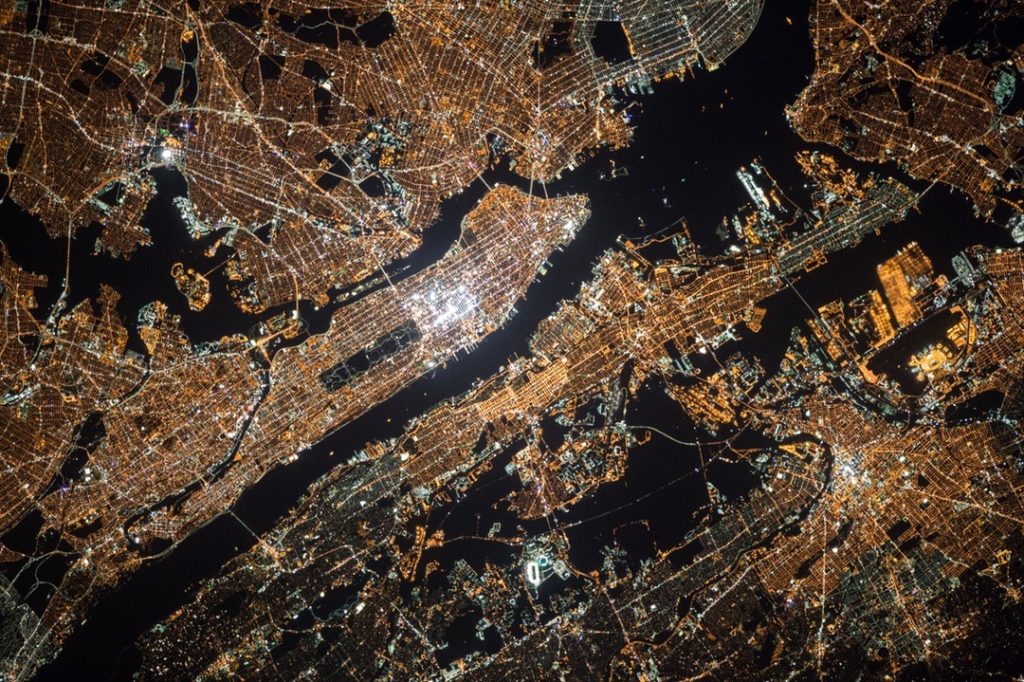
The original transcript of the dialogue between Me (M) and the Enlightened One (E).
“The things you own end up owning you. It’s only after you lose everything that you’re free to do anything.” Chuck Palahniuk.
M:
Don’t you think that the long list of things that we keep accumulating during the entire course of our life ends up being the commonly accepted barometer of success in our society?
E:
That’s the precise irony of our times.
We keep accumulating things in the hope that it somehow helps us in shaping our identity. A kind of hope that is nothing more than the Dope. And we get so happily addicted to it.
M:
Then don’t you think that becoming an ascetic and letting go of all possessions seems like a high spiritual path of extreme nature.
E:
See the answer lies somewhere in between those extremes. It’s how you look at ownership that makes the pivotal difference. If you happen to perceive it through the lenses of “just in case syndrome” then you remain enslaved to most of your possessions.
As a result, you are more worried that you need to hoard all your possessions just in case you might need them in future.
If you manage to free yourself from this syndrome of unfounded apprehension then only you can make yourself more fluid and less concrete.
Ownership generally begins with a purchase or investment of money. You make a down payment, swipe a little plastic, or pay with your hard-earned cash. After a momentary high and subsequent remorse, you invariably end up paying for your ownership over and over again.
The only truth of ownership is that if you own something, it owns you right back. It ultimately becomes your responsibility where you unwittingly end up investing lot of time in taking care of them.
M:
Aren’t we responsible for things that are in our possessions?
E:
Of course, we are…but responsibility doesn’t ask us to drop our common sense and start behaving irrationally.
If we happen to dig a little deep into the reasons behind our habit of hoarding, there is every likelihood that we might get an opportunity to understand the irrational dimensions of our own behavior.
In fact, being responsible is all about taking ownership of your life. It means you have taken the first radical step towards becoming a completely conscious human being.
In taking responsibility and beginning the journey toward conscious living, you are willingly putting an end to your age-old patterns of assigning blame to outward events or person.
M:
Then how do we guard against this irrationality and become more responsible?
E:
You can watch out for this deceptively short and simple statement:
“If you own ___________, you will be ______________”
For example …
· If you own the hottest job profile, you will be treated like a star.
· If you own the coolest address in the town, you will be able to project the most desirable image for yourself in a bargain.
· If you own the hottest looking life partner, you will be among the few lucky people to finally be happy.
. If academic performance of your kids is exceptional, you can claim yourself to be a successful parent.
· If you own the meanest hot machine in town, you will find yourself among the highest echelons of your society.
· If you own the latest iThing, you will be the coolest one around.
If you can manage to see beyond the obvious trappings in all of these statements, you would be psychologically better placed to never fall for them.
M:
So you mean to say that buying stuff is inherently bad in itself?
E:
Understanding the myth of ownership doesn’t mean that buying stuff is a bad decision. When you do buy though, just remove the myth and expectation. Loosen your grip and share your stuff or give it to someone who is in need of it more.
Instead of owning all the stuff, give, borrow, and share. Want less. Own less. Be more with less. When the myth is gone, so is the attachment and all of the associated stress and investment that comes along with it. Without it, you are free.
In fact, widespread percolation of technological application in our life has made it possible for us to invest more in sharing economy.
Uber and Airbnb are cases in point. Both these relatively new business entities have successfully managed to become unicorns by exploiting the untapped potential of sharing economy.
You have a garden. If you ever get sad that you don’t have a garden of your own, remember that you have hundreds of beautiful gardens all over the city and all over the world. Try to erase the language of “want” from your head. You have everything you need.” — Jaime Morrison Curtis
Once you reject the myth of ownership you can fully embrace hundreds of beautiful gardens all over the city and all over the world.
———————————————————————
Let me know your thoughts, I’d love to hear them!?
Have an amazing weekend.
Woww what a wonderful article. A must read for all
Read It, liked the way it is written.